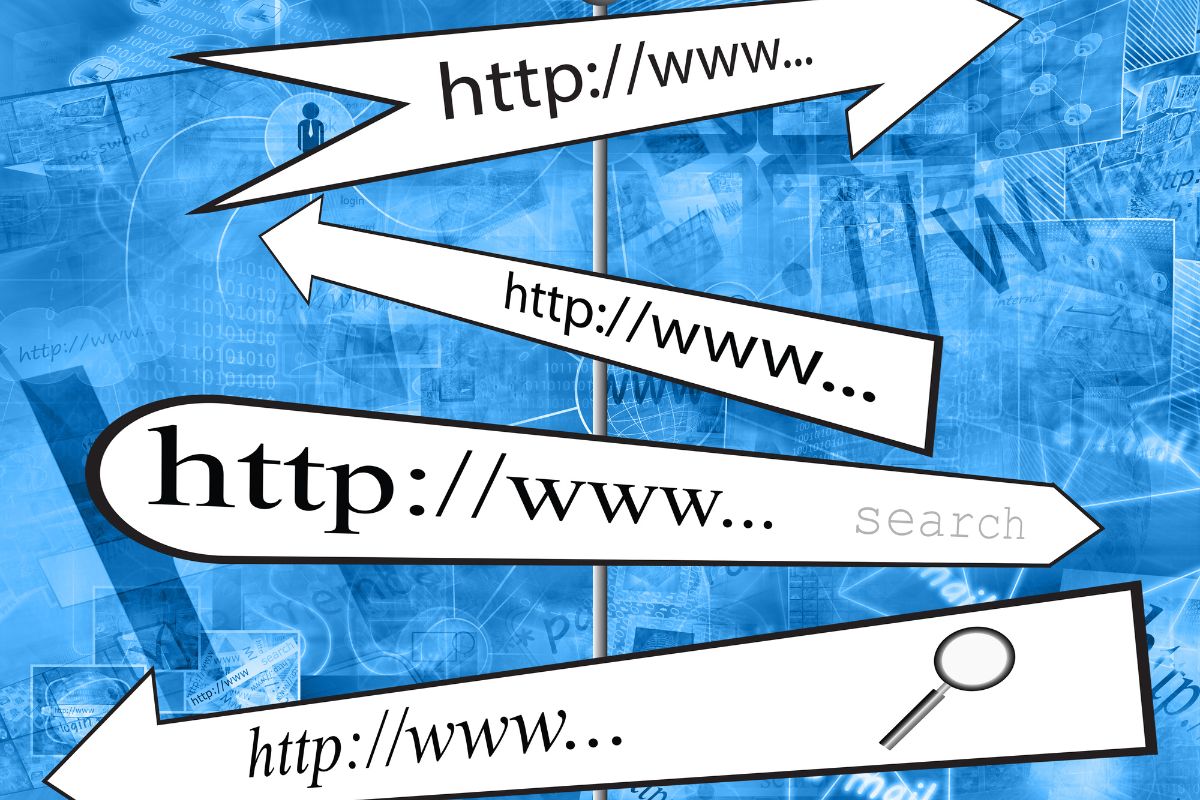Medium is a platform for writers, offering a community-driven space to share ideas and connect with readers. However, after trying it out, I’ve decided to stick to my own blog. Here’s why blogging on your own website can be a better choice for writers looking for control, freedom, and genuine engagement.
Complete Creative Control: No Gatekeepers
On your own blog, there are no gatekeepers. Medium’s popular publications often have strict editorial standards and selective acceptance processes, making it difficult for new voices to be heard.
By contrast, your blog allows you to publish anything you want, anytime you want, without seeking approval from editors.
Better Monetisation Options
It’s hard to make money on Medium, the majority of writers only make pennies. On your blog, you have the flexibility to choose how to monetise your content. You can use ads, affiliate marketing, sponsored posts, or even sell products or services directly.
Control Over Payment Options
You can decide how to offer payment options to your readers. Whether it’s a donation button, a membership model, or a paywall for premium content, you have full control over how you monetise your work and can tailor it to suit your audience’s preferences.
Improved SEO and Traffic Control
When you publish on Medium, you’re competing with countless other articles for visibility. On your blog, you can optimise your content for search engines (SEO) to ensure it reaches the right audience. By understanding and implementing SEO best practices, you can significantly improve your blog’s visibility and attract organic traffic.
Building Your Own Audience
On Medium, you’re building an audience for the platform rather than for yourself. When you blog on your website, every visitor, subscriber, and follower is part of your personal audience. You have direct access to your readers and can engage with them through comments, newsletters, and social media.
Personal Branding and Ownership
Your Digital Identity
Your blog represents your personal brand. You have complete control over the design, layout, and functionality, allowing you to create a digital identity that reflects your personality and values. This consistency helps build trust and recognition with your audience.
Permanent Archive
Unlike Medium, where you’re dependent on the platform’s longevity and policies, your blog serves as a permanent archive of your work. You own your content and can back it up, ensuring it remains accessible to your readers indefinitely.
Flexible Content Management
Customisation and Versatility
On your blog, you can use various content management systems (CMS) like WordPress, Squarespace, or Wix, which offer extensive customisation options. You can incorporate multimedia elements, interactive features, and custom plugins to enhance your content and provide a better user experience.
Analytics and Insights
Having your own blog allows you to access detailed analytics about your visitors, such as demographics, behaviour, and traffic sources. This data helps you understand your audience better and tailor your content strategy to meet their needs and interests.
Building a Community
Direct Reader Interaction
On your blog, you can create a more intimate and engaged community. You can respond to comments directly, create discussion forums, and build a loyal readership that feels personally connected to you and your work.
Newsletters and Email Lists
Unlike Medium, where readers might come and go, your blog enables you to build and maintain an email list. This allows you to stay in touch with your audience, share updates, and promote new content directly.
No Clap Race
One of the most significant issues with Medium is the emphasis on claps. In theory, claps are a way for readers to show their appreciation for a piece. In practice, they have become a competitive metric that writers chase, often at the expense of quality and authenticity.
On your own blog, you don’t have to worry about competing for claps. You can focus on creating meaningful content that resonates with your audience without the distraction of chasing superficial engagement metrics. This freedom allows you to stay true to your voice and produce work that truly matters to you and your readers.
Conclusion
Blogging on your website is a journey toward independence. It’s about owning your voice, building your brand, and connecting directly with your audience. If you’re a writer who values creative freedom and genuine engagement, consider making the switch. Your blog is your space—make it everything you want it to be.




